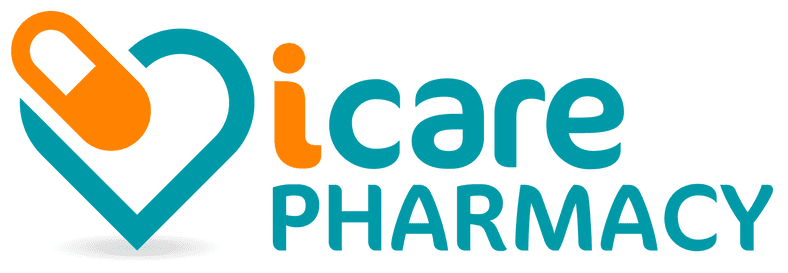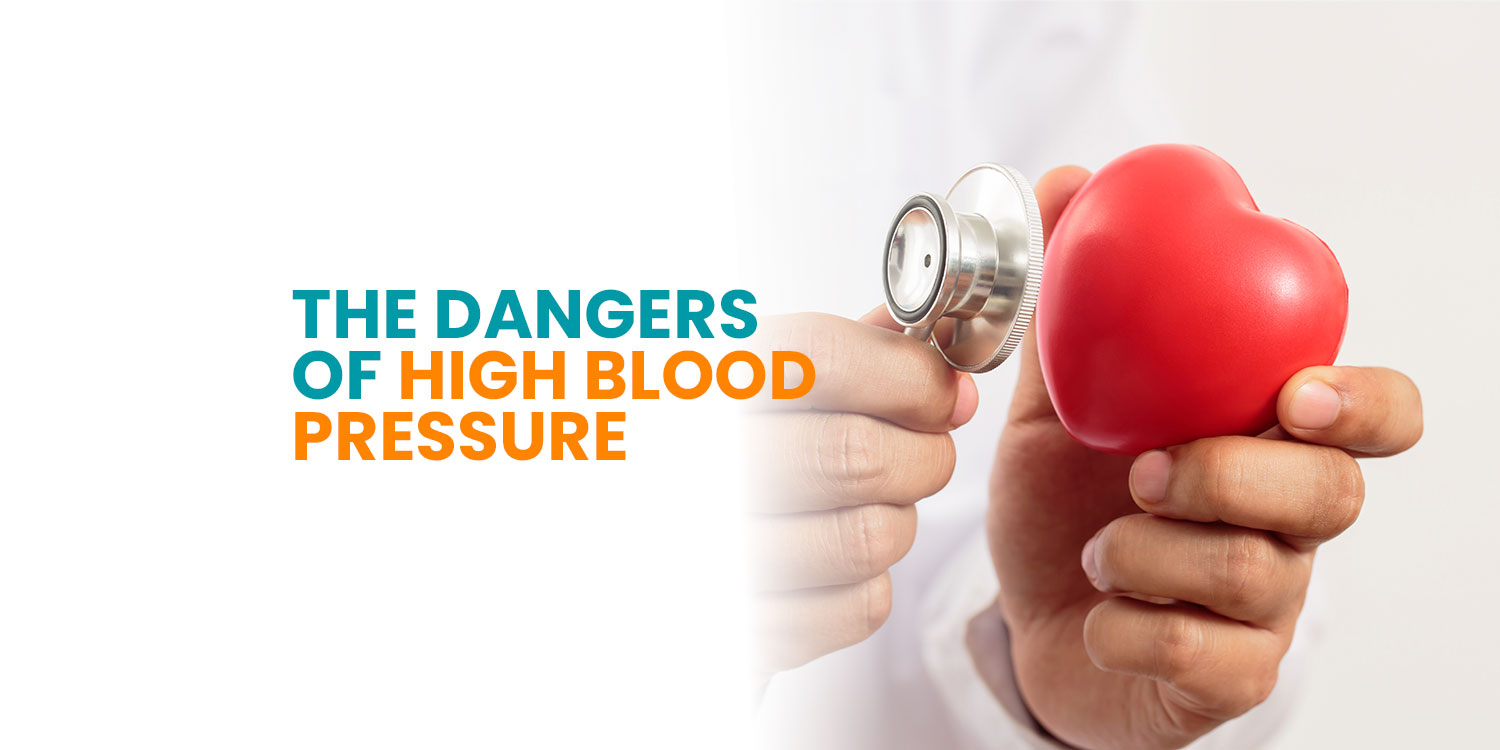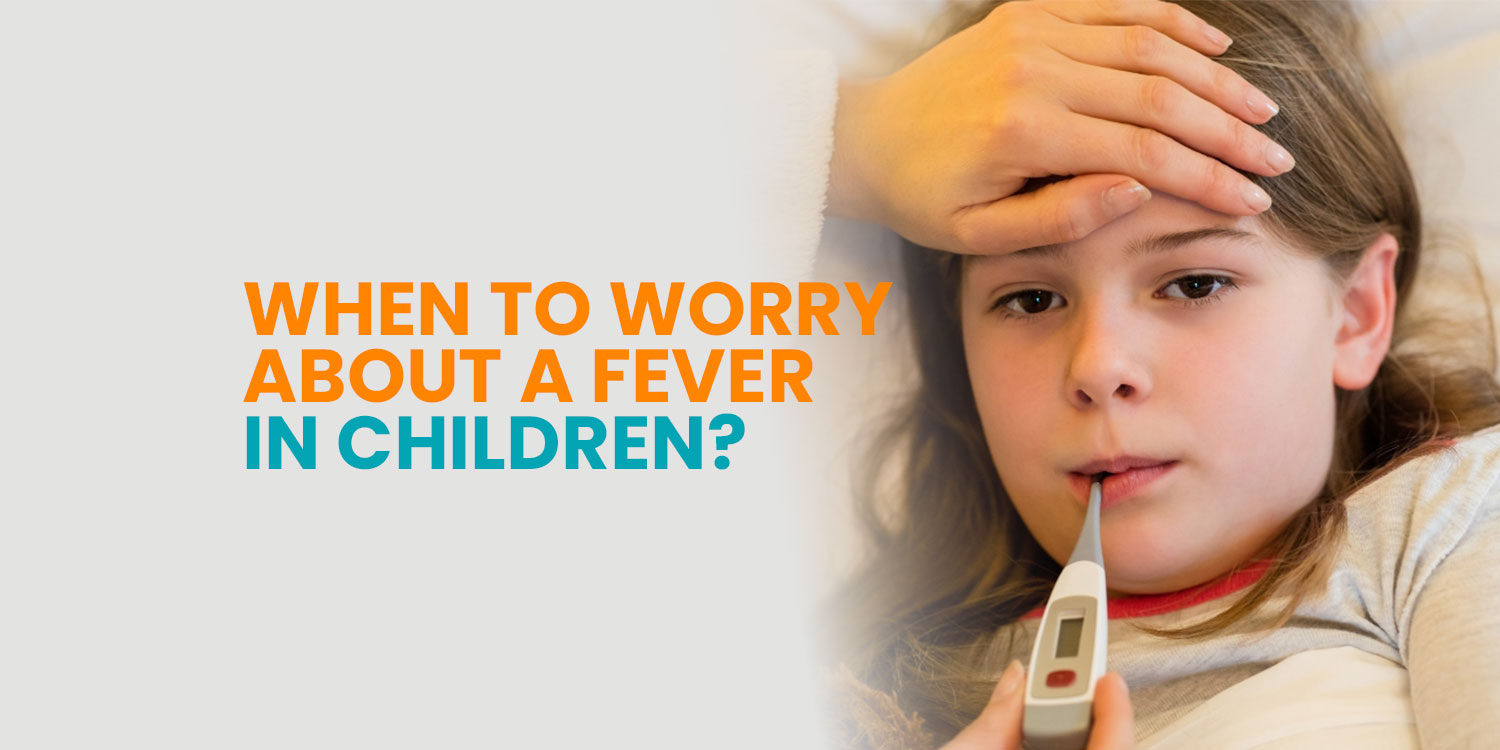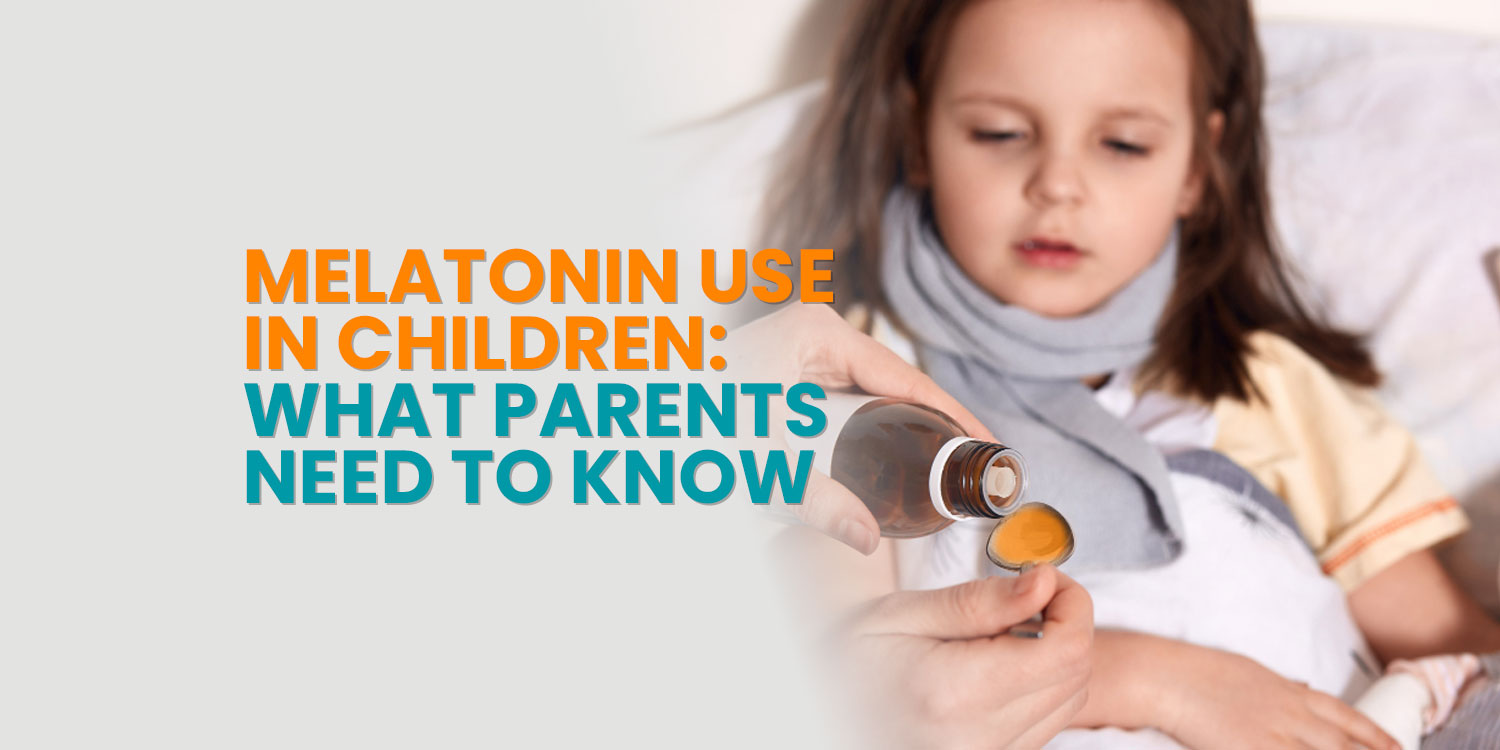High Blood Pressure: The Silent Killer You Shouldn't Ignore
High blood pressure, or hypertension, is often referred to as the “silent killer”—and for good reason. It can develop without any noticeable symptoms, quietly increasing the risk of serious health conditions like heart disease, kidney failure, and stroke (Centers for Disease Control and Prevention [CDC], 2023). Many individuals unknowingly live with dangerously high blood pressure until complications arise. In more advanced or severe cases, the body may exhibit warning signs such as:
- Headaches
- Shortness of breath during routine activities
- Nosebleeds
- Vision changes
- Dizziness or facial flushing
These symptoms should never be ignored, as I learned from a recent patient encounter.
A Shocking Diagnosis
A middle-aged man once came into the pharmacy concerned about a sudden change in his vision. He had no pain, just a gradual blurring in one eye. I urged him to check his blood pressure on the spot. His reading was alarmingly high—so high that it had caused hypertensive retinopathy, a condition where extremely high blood pressure damages the blood vessels in the retina (American Heart Association [AHA], 2022). He was immediately sent to the hospital, where doctors confirmed that the hypertension had not only compromised his vision but also significantly raised his risk of stroke and heart attack.
This incident was a wake-up call—not just for the patient, but for all of us. It highlighted the importance of regular blood pressure checks, even in the absence of symptoms.

Why Monitoring Your Blood Pressure Matters
According to the World Health Organization (2023), hypertension is one of the leading contributors to premature death worldwide. Because it often has no symptoms, many people do not know they have it until it causes a serious health event. Risk factors include:
- Family history of high blood pressure
- Sedentary lifestyle or chronic stress
- Diets high in sodium and processed foods
- Obesity or being overweight
Routine blood pressure monitoring is essential, especially if you are in one or more of these risk categories.
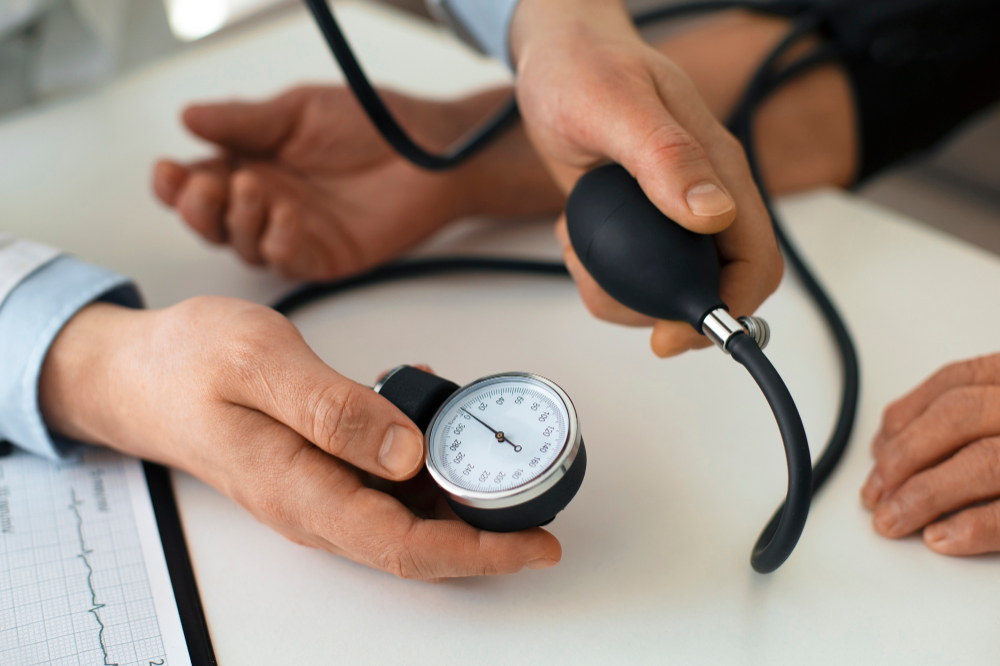
Take Control of Your Health
The good news is that hypertension is both preventable and manageable. Here are some evidence-based strategies to take charge of your blood pressure:
Monitor your blood pressure regularly: Home blood pressure monitors are accessible and easy to use (Whelton et al., 2018).
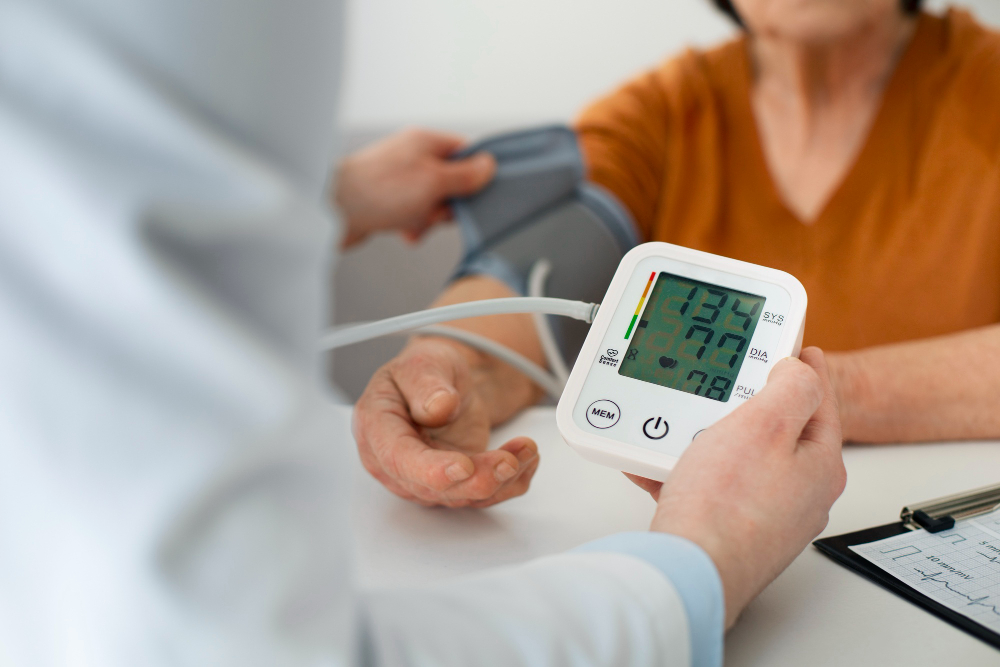
Eat a heart-healthy diet: Reduce sodium intake, increase consumption of fruits and vegetables, and limit processed foods (National Heart, Lung, and Blood Institute, 2022).

Exercise regularly: Aim for at least 150 minutes of moderate-intensity aerobic activity per week (CDC, 2023).

Manage stress: Mindfulness, deep breathing, and adequate sleep have been shown to support heart health (American Psychological Association, 2020).

Consult your healthcare provider: A tailored treatment plan, including medications if needed, can significantly reduce complications (Whelton et al., 2018).

Don’t Wait for Symptoms
Hypertension rarely comes with obvious warning signs. Don’t wait until your vision blurs or a stroke occurs to take it seriously. Make regular blood pressure checks a routine part of your healthcare and encourage your loved ones to do the same. Your health—and your life—may depend on it.
References
American Heart Association. (2022). High blood pressure and eye disease. https://www.heart.org/en/health-topics/high-blood-pressure/the-facts-about-high-blood-pressure/high-blood-pressure-and-eye-disease
American Psychological Association. (2020). Stress effects on the body. https://www.apa.org/news/press/releases/stress
Centers for Disease Control and Prevention. (2023). High blood pressure symptoms and causes. https://www.cdc.gov/bloodpressure/about.htm
National Heart, Lung, and Blood Institute. (2022). DASH eating plan. https://www.nhlbi.nih.gov/education/dash-eating-plan
Whelton, P. K., Carey, R. M., Aronow, W. S., Casey, D. E., Collins, K. J., Dennison Himmelfarb, C., … & Wright, J. T. (2018). 2017 ACC/AHA/AAPA/ABC/ACPM/AGS/APhA/ASH/ASPC/NMA/PCNA guideline for the prevention, detection, evaluation, and management of high blood pressure in adults. Journal of the American College of Cardiology, 71(19), e127-e248. https://doi.org/10.1016/j.jacc.2017.11.006
World Health Organization. (2023). Hypertension. https://www.who.int/news-room/fact-sheets/detail/hypertension
